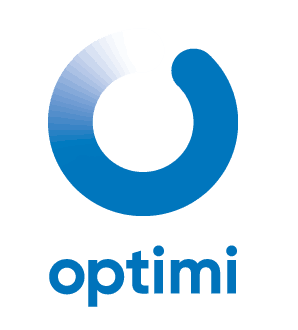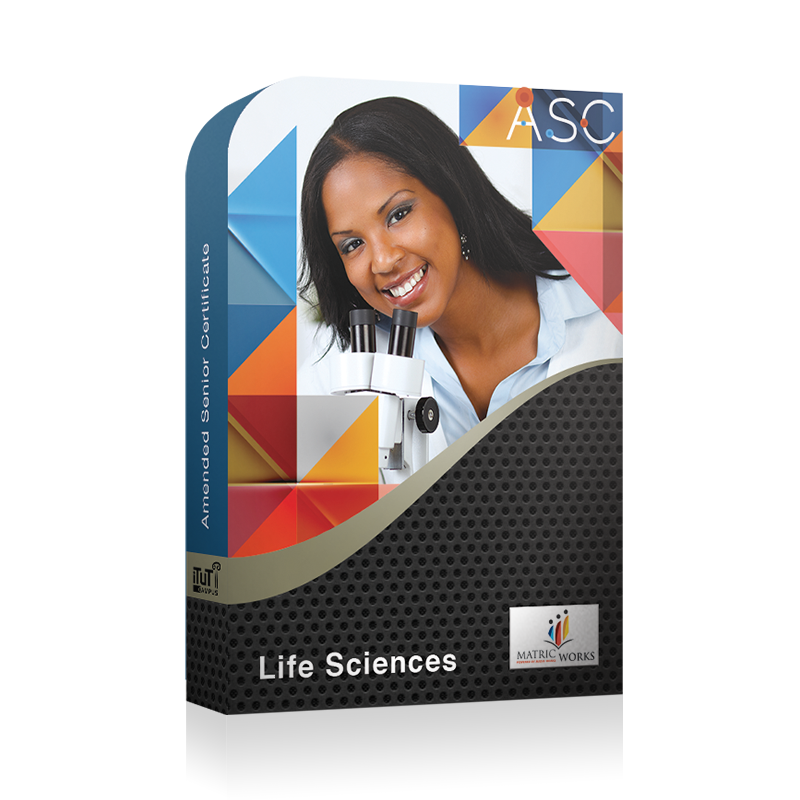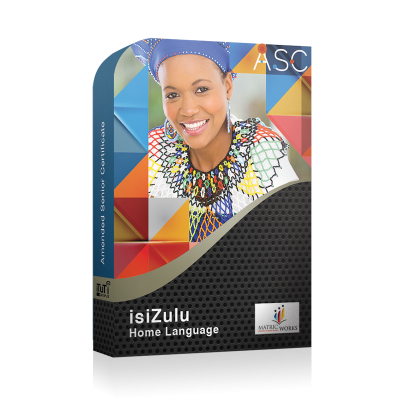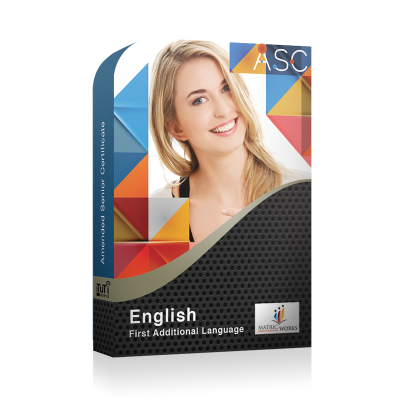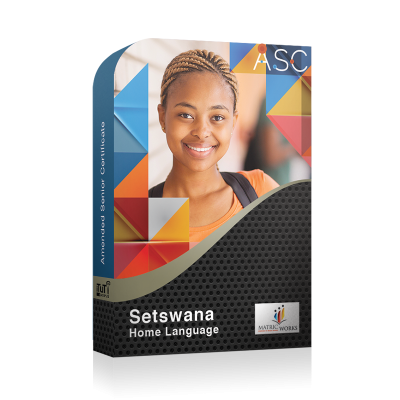ASC Life Sciences
‘Life Sciences’ is the scientific study of living things; from molecular level to their interactions with one another and their environments.
To familiarise yourself with the curriculum outline in more detail, please click on the Curriculum Assessment Policy Statements(CAPS) as per the Department of Education.
If you are a private individual, choose this option if you want to enrol at a college to help you pass your Adult Matric.
If you are a business, choose this option if you want to offer Adult Matric to one ormore of your staff members.
Enquire aboutWorkplace ASC Courses
‘Life Sciences’ is the scientific study of living things; from molecular level to their interactions with one another and their environments. Life Sciences is the study of life at various levels of organisation and comprises a variety of sub-disciplines, such as: Biochemistry; Biotechnology; Microbiology; Genetics; Zoology; Botany; Entomology; Physiology (plant and animal); Anatomy (plant and animal);Morphology (plant and animal); Taxonomy (plant and animal); Environmental Studies; and Socio-Biology

Additional information
| Learning Aims: | Learners are guided towards developing the following knowledge, skills and attitudes: 1. knowledge of key biological concepts, processes, systems and theories 2. an ability to critically evaluate and debate scientific issues and processes 3. greater awareness of the ways in which biotechnology and knowledge of Life Sciences have benefited humankind 4. an understanding of the ways in which humans have impacted negatively on the environment and organisms living in it 5. a deep appreciation of the unique diversity of past and present biomes in Southern Africa and the importance of conservation 6. an awareness of what it means to be a responsible citizen in terms of the environment and life-style choices that they make 7. an awareness of South African scientists’ contributions; 8. scientific skills and ways of thinking scientifically that enable them to see the flaws in pseudo- science in popular media AND ASSESSMENT POLICY STATEMENT (CAPS) 9. a level of academic and scientific literacy that enables them to read, talk about, write and think about biological processes, concepts and investigations. |
|---|
